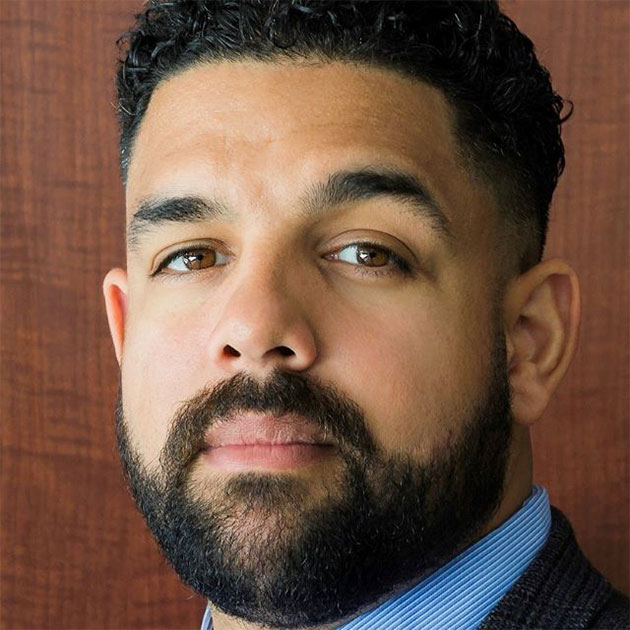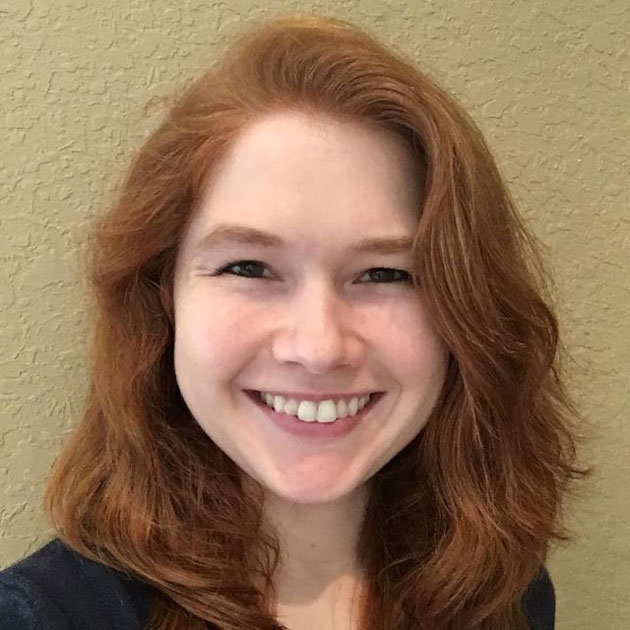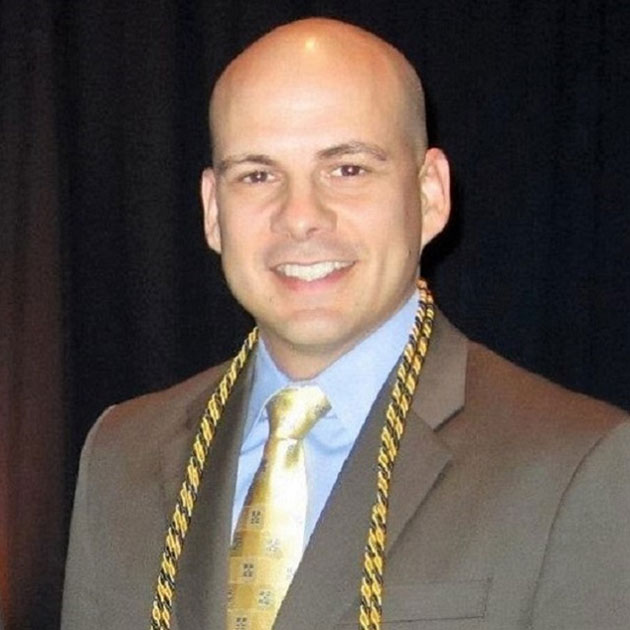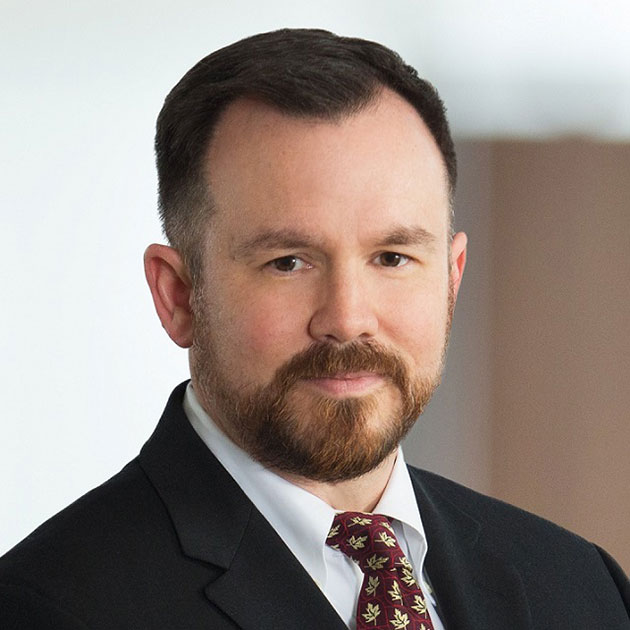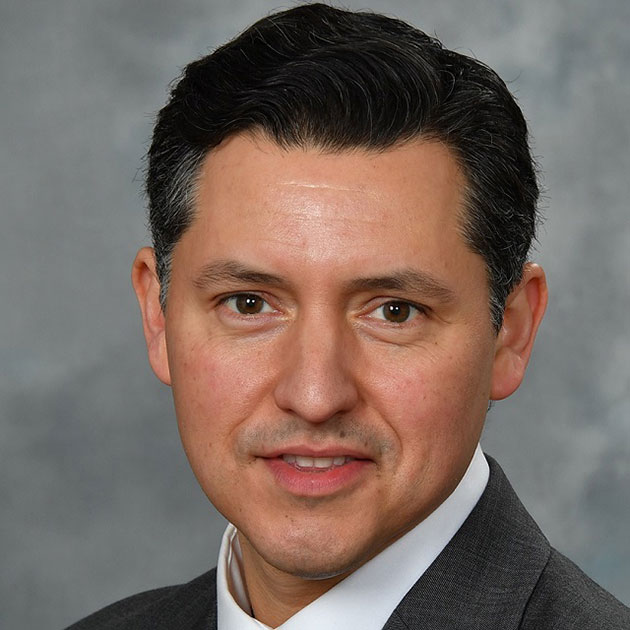
Founder/Portfolio Manager, Askeladden Capital Management
Askeladden is the investment adviser to a long-only limited partnership (hedge fund) and separately managed accounts (SMAs), running a concentrated, long-term oriented, small-and-micro-cap portfolio. Patel graduated magna cum laude with a biochemistry degree from UT Dallas when he was 19 years old, and concentrated in finance and supply chain in his MBA, which he completed when he was 20. He says his job is to identify securities trading “at a meaningful discount to our conservative assessment of their intrinsic value, then purchase and hold them until they appreciate to fair value and/or better opportunities come along. … Many people have a mental image of finance and investing being glamorous, wantonly debauched, or high pressure and high activity. Askeladden is pretty much the opposite of all of those conceptions. I spend 90 percent of my time home alone in a suburban Dallas bedroom, quietly thinking and reading.”
What are your job responsibilities?
As the sole owner and employee of a one-man shop, I wear all the hats. My time is mostly spent on investment research, but I’m also responsible for compliance, operations, marketing and all the other necessary functions of the business.
How have your UT Dallas degrees impacted your career?
Attending a “non-target” school where the finance industry doesn’t typically recruit allowed me to develop my own unique perspective rather than simply conform to the standard thought process and career track.
What do you enjoy about your current position/profession?
I really enjoy being able to do interesting work and create value for my clients without having to live according to a schedule set by someone else. While there are many careers that offer intellectual stimulation and a strong salary, many of these also require (sometimes due to necessity, but more often due to status quo bias and a lack of creativity) working strict and inflexible hours in a physical office. Among other sacrifices (like family and personal time), this leads to most working American adults being sleep deprived, which decades of research demonstrates has deleterious consequences for physical health and emotional wellbeing. Sleep is far more important than exercise or diet for literally any measure of health tracked – cancer, mood, your waistline, etc. – so if you’re getting up early to exercise, science says you should turn off your alarm clock and skip the workout. Read about this in “Why We Sleep: Unlocking the Power of Sleep and Dreams” by Matthew Walker, PhD (2017, Scribner). After being exposed to the corporate world for a few years, and hearing the experiences of friends and mentors who’d been in it for far longer, I realized it wasn’t for me. I just wasn’t willing to make the sacrifices it demanded.The sort of work I do (value investing) is very individual in nature (IE: not much interaction with other people) and as such my productivity is almost completely disintermediated from time and location. In other words, I can work where I want and when I want, without adhering to a fixed schedule or enduring the frictional costs of time, money and most importantly energy of commuting. Often that means I’m working on weekends, or even some holidays. On the other hand, I always see the “Avengers” movies in the middle of the afternoon on a weekday when nobody’s in the theater. I get up at noon (I’m a night owl) and lead as close to a stress-free life as possible. I skip all the corporate politics and optics and this allows me to get work done efficiently without sacrificing my health.
How do you see your profession changing in the next five or 10 years?
The general consensus is that the rise of index funds as well as more quantitative approaches has put pressure on the traditional asset management model; I think it will be increasingly hard for larger funds to hug benchmarks with modest overweighting/underweighting of certain securities, and I think fees in general will continue to decline. I also believe that many “easy” opportunities have been competed away because there far more people in the business with far more access to information than there once were. While people like me used to be fairly rare, the world is now swimming in smaller active managers as well as big industry giants. Naturally, when many times as many people are looking for opportunities, there will be fewer of them left. And while as recently as a decade ago, hedge funds often had physical filing cabinets for decades’ worth of printed reports, the internet has made short work of finding information. Investors can purchase research tools like Sentieo that allow them to virtually “Ctrl F” for any given term across all public company filings, investor calls, press releases and so on. For example, if you wanted to know how the Texas economy was doing, you could search for terms like “Texas economy” or “Texas sales” and see what all companies, across all industries, had to say about economic activity here in the Lone Star State. With many more eyeballs looking at much more information, the “no-brainer” opportunities are generally nonexistent today other than during infrequent episodes of severe economic or market distress, and it takes substantially more research to unearth opportunities, which, when found, are less attractive than those available in previous decades. I’ve acknowledged these realities by choosing to focus on niche areas of the market (stocks that are too small or illiquid for larger funds to own) and by planning to close to new clients at a very low total asset base ($50MM in fee-paying assets under management) to enable us to continue to exploit these niche opportunities.
What unexpected experience or event has shaped and/or influenced your current professional life?
My finance career was partially launched by the Bloomberg Aptitude Test, which as a UT Dallas student I was able to take for free. My exam score led to numerous opportunities and an analyst role at a hedge fund, which I worked at for two years prior to launching Askeladden. Although it’s always difficult to evaluate “what if” counterfactuals, and I probably would’ve ended up in the investing world anyway, that was one clear “turning point” that set me on the path that I’m on today.
Why did you come to UT Dallas?
There were three main criteria I used to pick a college: Strong educational opportunities; the university would let me transfer my two years of existing credit (I took a lot of dual credit courses in high school); it wouldn’t leave me with student debt upon graduation. That essentially narrowed my search down to the major Texas public universities (UT, UT Dallas, Texas A&M, Texas Tech). UT Dallas offered the most competitive National Merit Scholarship package, and was close to home. I grew up in the DFW area. I was also impressed by the flexibility to “create my own path” at UT Dallas. My parents and I met with the dean of undergraduate education and we were impressed with UT Dallas academic offerings.
Did a UT Dallas professor inspire you? Who was that and how was that person inspirational?
A number of UT Dallas professors were inspiring. Most of the ones I admired (such as Judd Bradbury, PhD) had professional backgrounds, which allowed them to translate textbook material into real-world situations. Bradbury always started our management information systems class with a discussion of current events and how those related to topics we were covering. I found those discussions profoundly interesting and helpful. Even some of the professors with more of a research background (especially former UT Dallas Professor Alp Muharremoglu) helped frame things in an insightful way. Bradbury continues to be a friend and mentor to this day.
What advice do you have for college students hoping to succeed professionally?
There’s often a big disconnect between textbook learning and professional success. There’s also often a big expectations gap between what students think a certain job will be like and what it actually turns out to be like. The more time you can spend with people who actually work in the field you want to go into, the better idea you’ll have of whether or not it’s really what you want to do with your life – and, if so, how you can best prepare yourself for success.
What do you enjoy doing in your free time?
Cooking, backpacking, daydreaming about having dogs. And reading: Charlie Munger was once described by his children as “a book with a pair of arms and legs sticking out,” and that’s just about an accurate description of me, too. I created a 500K-word website summarizing all the broadly applicable lessons (“mental models”) I’ve learned from reading hundreds of books across many of the major professional and academic disciplines – anyone interested can check it out at www.askeladdencapital.com.

